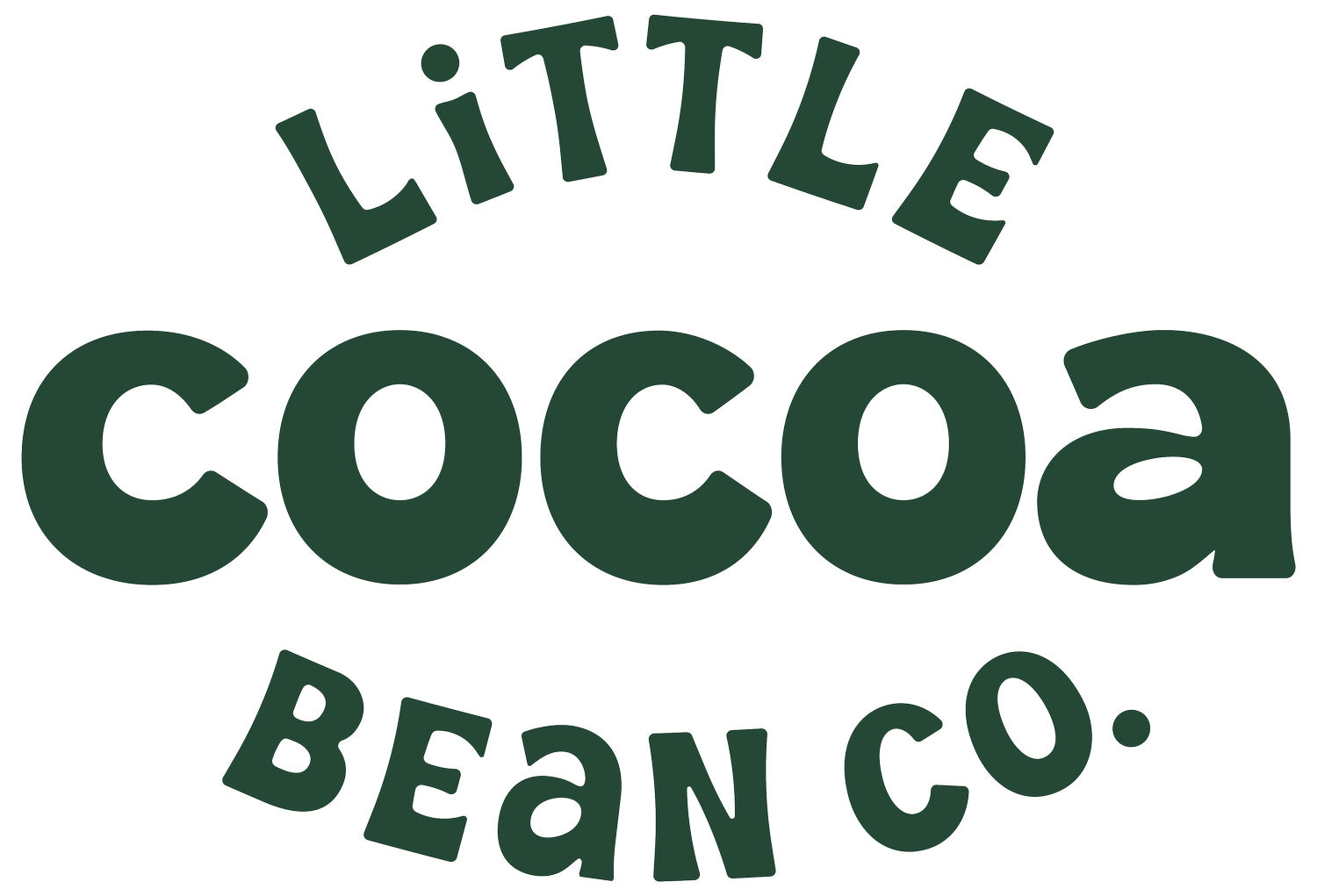Your Baby’s Digestive Health!
Before our babies are born their guts are sterile. At delivery and when a mom starts breastfeeding, bacteria is introduced to a baby’s gut. Mother’s breast milk has several beneficial bacteria, e.g. bifidobacteria and lactobacillus, which are crucial for your baby’s gut health. The number of bacteria, both the good and bad bacteria, increases rapidly in the baby’s first few days of life.
As your baby grows, their gut microflora established during his first two years stabilizes, and it usually maintains a balance until they reach adulthood.
A healthy gut microflora ecosystem is essential to your baby’s overall health. Babies that don’t have the right balance of gut bacteria are likely to be more prone to colic (gas and pain in the abdomen) and are believed to be at greater risk of developing allergy (e.g. eczema) and asthma when they grow up.
At about six months, your baby’s digestive system is mature enough to digest more complex and solid food substances, like starch, protein, and fat in a non-milk diet. At this stage, they are ready to be introduced to solid foods (complementary food). It is recommended that you continue giving your child breast milk as they gradually get used to eating solid food.
In early childhood, your child’s digestive system continues to mature. The first two years are the most critical. The gut microflora established during this period can greatly influence your child’s long-term immunity. If your child’s digestive health is poor and is malnourished at this point, growth and development can be impacted.

